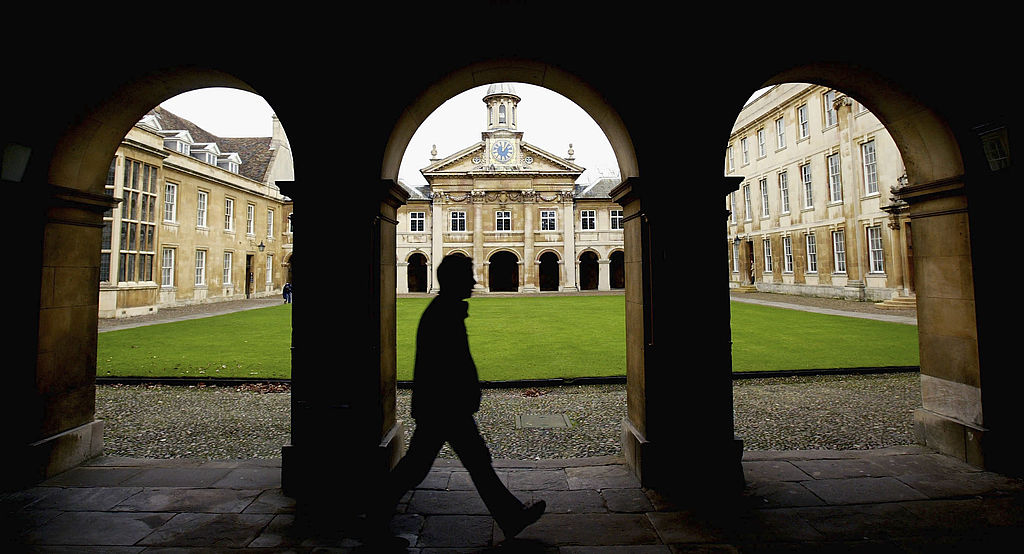It’s perfectly legitimate for Cambridge University to seek to understand its history, warts and all. But the University’s final report of its ‘Legacies of Enslavement Advisory Group’, established in 2019 to investigate the university’s historic links with slavery, is short on facts and long on opinions. It also fails to consider Cambridge’s links with the noble cause of anti-slavery.
It is hardly surprising that Cambridge should have been associated with slavery. The Atlantic slave trade and West Indian slavery were integral to the British empire between the late sixteenth and early nineteenth centuries. Yet the report tells us that no ‘Cambridge institutions directly owned any plantations that exploited enslaved people’.
Instead, the Advisory Group focus in their report on ‘individuals closely associated with Cambridge and its colleges’. No one today would hold a university responsible for the subsequent actions and opinions of the students it educated. Yet this report proceeds on this basis, relying on ‘guilt by association’.







Comments
Join the debate for just $5 for 3 months
Be part of the conversation with other Spectator readers by getting your first three months for $5.
UNLOCK ACCESS Just $5 for 3 monthsAlready a subscriber? Log in